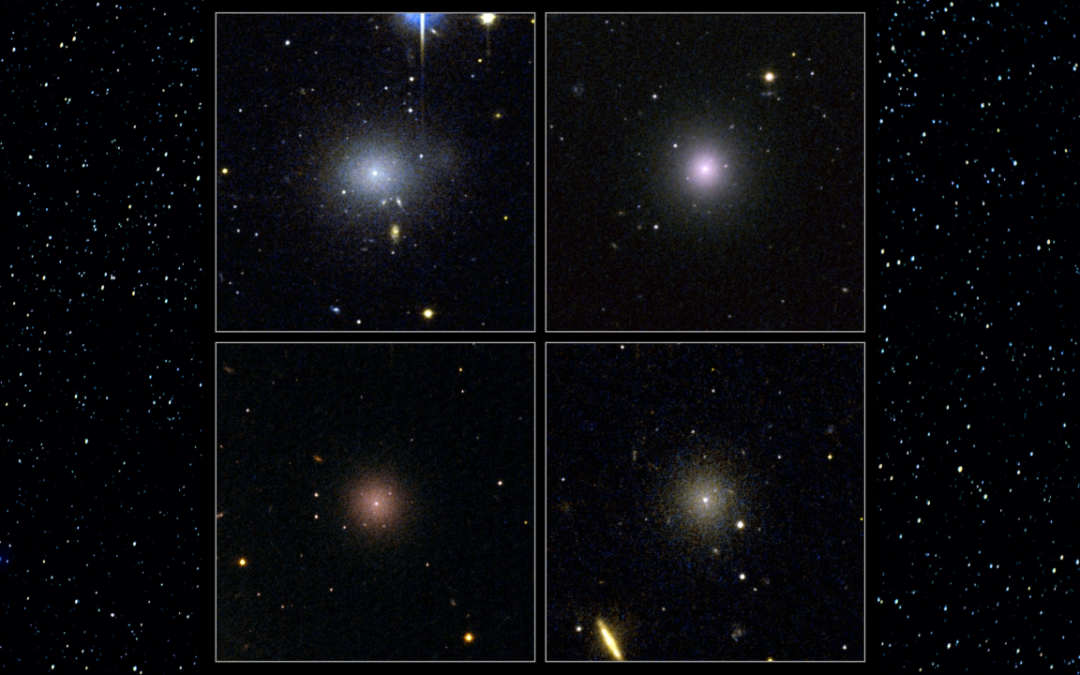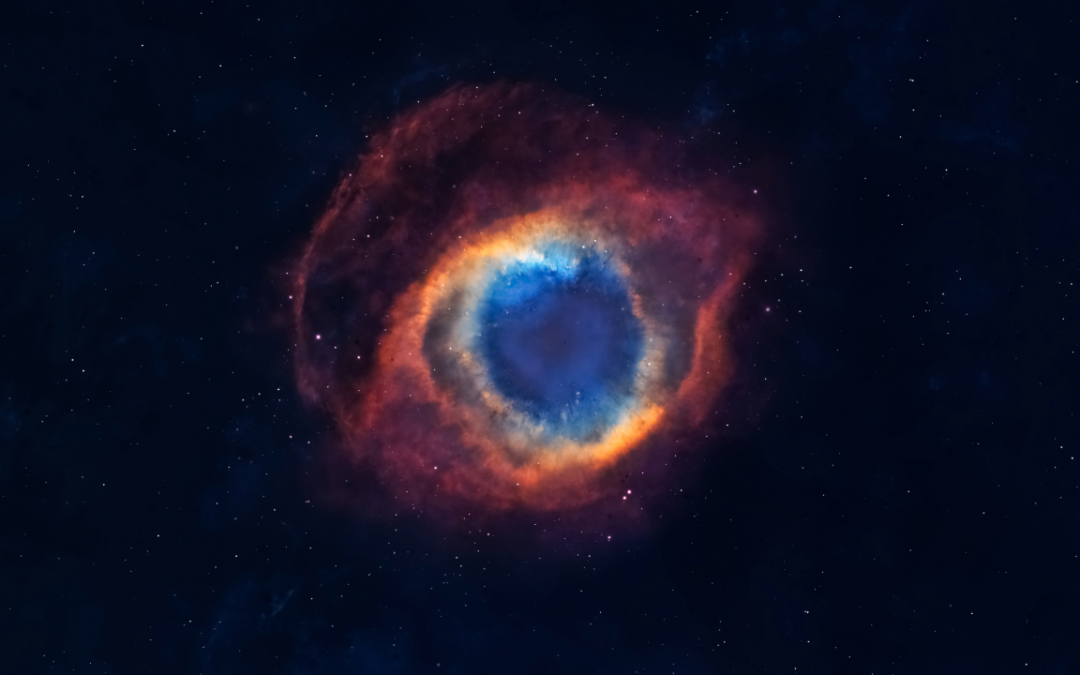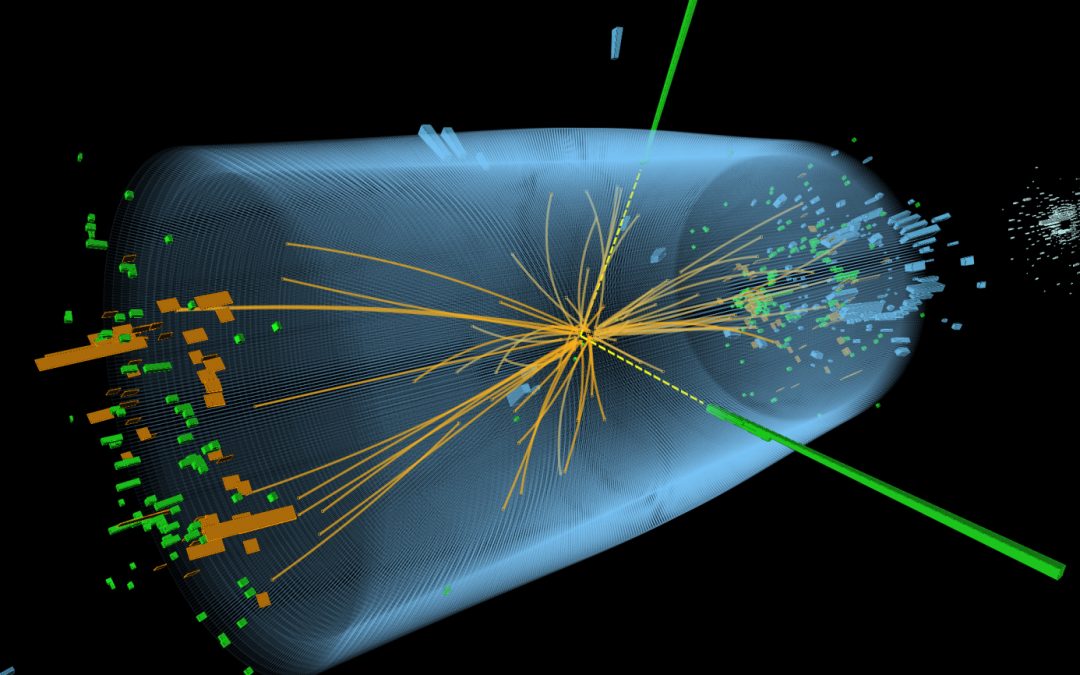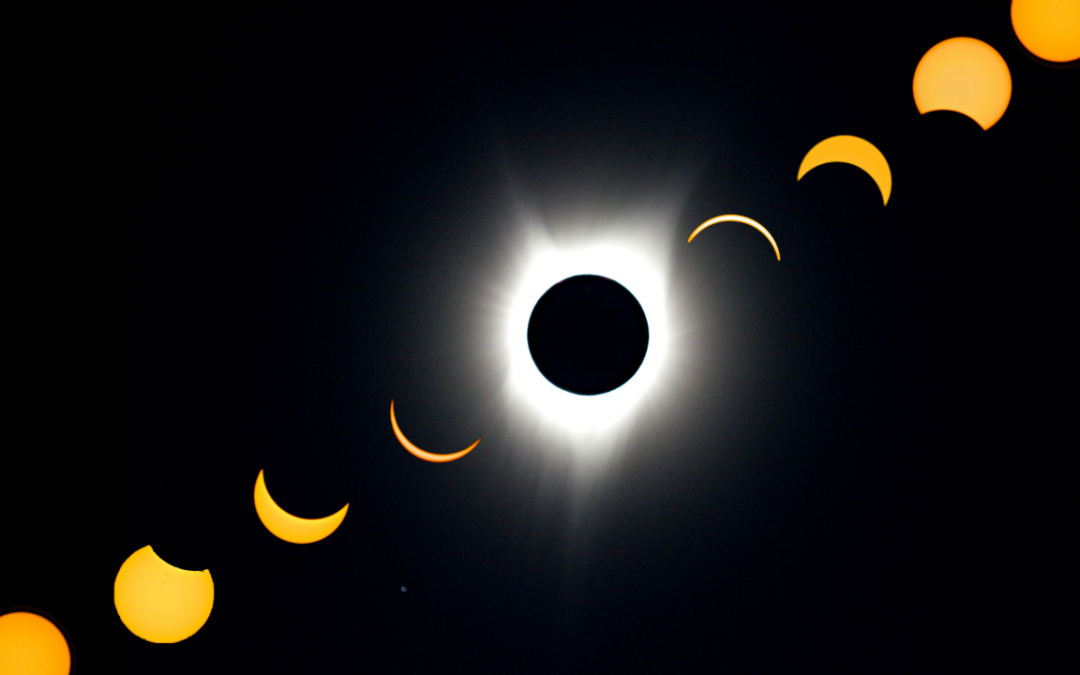It’s time to begin a new mini-series, where we’ll look at different classes of galaxies. Today, we’ll start with the dwarf galaxies, which flock around larger galaxies like the Milky Way. Are they the building blocks for modern structures?



Fraser Cain
Universe Today

Dr. Pamela Gay
CosmoQuest

It’s time to begin a new mini-series, where we’ll look at different classes of galaxies. Today, we’ll start with the dwarf galaxies, which flock around larger galaxies like the Milky Way. Are they the building blocks for modern structures?

How old is that star? That planet? That nebula? Figuring out the ages of astronomical objects is surprisingly challenging. Fortunately, astronomers have developed a series of techniques they can use to work out the ages of stuff.

Last week, we learned about the death of Peter Higgs, a physicist and discoverer of the particle that bears his name. The Large Hadron Collider was built to find and describe the particle. Today, we’ll look back at the life of Peter Higgs and his particle.

The next great eclipse is upon us, with viewers across North America witnessing the moon passing in front of the Sun. It’s an amazing experience, but also an opportunity to do science. Let’s talk about what we can learn from this momentous event.
Recent Episodes
Our series on Universe weirdness marches on. This week we take a look at the habitable zone, and how things aren't as simple as we thought. In this episode we mentioned donations. Click to learn more! Download MP3| Download Raw Show with Q&A| Show Notes | Jump to...
Our series on Universe weirdness continues, this time we learn how astronomers are struggling to make sense of the age of the Universe. In this episode we mentioned donations. Click to learn more! Download MP3| Download Raw Show with Q&A| Show Notes | Jump to...
Just when the Universe was starting to make sense, the cosmos throws a curveball at us. Astronomers have been trying to accurately measure the expansion rate of the Universe as far back as Hubble. It's been tough to nail down, and now astronomers are starting to...
As astronomers started to discover planets orbiting other stars, they immediately realized that their expectations would need to be tossed out. Hot jupiters? Pulsars with planets? We're now decades into this task, and the Universe is continuing to surprise us. In this...
How old are Saturn's rings? They could be brand new, or they could be as ancient as the Solar System itself. Planetary scientists thought they knew the answer thanks to new data from Cassini, but new ideas are calling even that into question. In this episode we...
Thanks to all the work from Hayabusa 2 and OSIRIS-REx, astronomers are getting a much better look at the smaller asteroids in the Solar System. It turns out, they're piles of rubble... but fascinating piles of rubble. Let's talk about what we've learned so far. In...
https://www.youtube.com/watch?v=OADwnE3XM8s We took a hiatus this summer, but SpaceX sure didn't, with the tests of the Starhopper prototype. Today we're going to talk about the revolution in reusable rocketry and quest to build a fully reusable two-stage...
Please help us keep bringing you content by going to http://survey.libsyn.com/astronomycast and filling out the survey, so Libsyn can find us sponsors for Astronomy Cast! Astronomy Cast will be back in September! Don't forget you can still catch Pamela with Daily...
https://youtu.be/_d-TKTqWYz8 Pamela shows you around behind the (digital) scenes, and asks for your ideas for Season 14 of Astronomy Cast! Bennu Mappers - Help CosmoQuest map rocks to help pick which ones OSIRIS-REx will bring back from asteroid Bennu! Start your...
Astronomy Cast will be on hiatus for July and August. Don't worry, we'll be back in September, and we might just have surprises for you all along this summer! Don't forget you can still catch Pamela with Daily Space, rocket launches and specials on CosmoQuest's Twitch...
Relativity is used in more day to day situations than you may realize. In this episode, we will count (some of) the ways. This episode is brought to you live from the All-Stars Star Party in Indian Wells, California In this episode we mentioned donations and tours....
It's summertime, and time for our annual Astronomy Cast hiatus. But that doesn't mean that the astronomy adventure has to end. Today we'll give you some tips and tricks for astronomy summer adventures. In this episode we mentioned donations and tours. Click to learn...
Last week we talked about some ancient south African astronomy, so this week we'll talk about the state of modern astronomy in the southern part of Africa, which happens to be a great place with nice dark skies and a great view into the heart of the galaxy. In this...
Let's move to another continent this week, and look at the astronomy that was going on in southern Africa in ancient times. In this episode we mentioned donations and tours. Click to learn more! Download MP3| Download Raw Show with Q&A| Show Notes | Jump to...
Last week we talked about how well the indigenous Australians followed the night sky. Well, it turns out, Australia is still an amazing place for astronomy. There are so many powerful observatories in Australia, and even more in the works. In this episode we mentioned...
This week, we focus on the archaeoastronomy of another part of the world, this time from the indigenous people of Australia. Another group of people whose lives depended on knowing what was happening in the sky from season to season. In this episode we mentioned...
South America, especially the Atacama Desert in Chile has become one of the best places in the world to put a telescope. It's dry, high, and the nights are clear. Today we'll talk about the monster telescopes already in operation in this region, and the big ones...
The Andes mountains in South America are a hotspot of astronomy today, but ancient peoples knew it was a great place for astronomy and lived their lives in tune with the night sky. Today we'll learn all about what they knew, and how they mapped the movements of the...
Last week we talked about the ancient astronomy of the American Southwest. But this is actually Pamela's stomping grounds, and she's spent many a night perched atop mountains in this region staring in the night sky with gigantic telescopes. How does astronomy get done...
Ancient peoples had no light pollution, and they knew the night skies very well. In fact, they depends on them to know when to plant and when to harvest. Today Pamela talks about the archeoastronomical sites of the American Southwest. In this episode we mentioned...